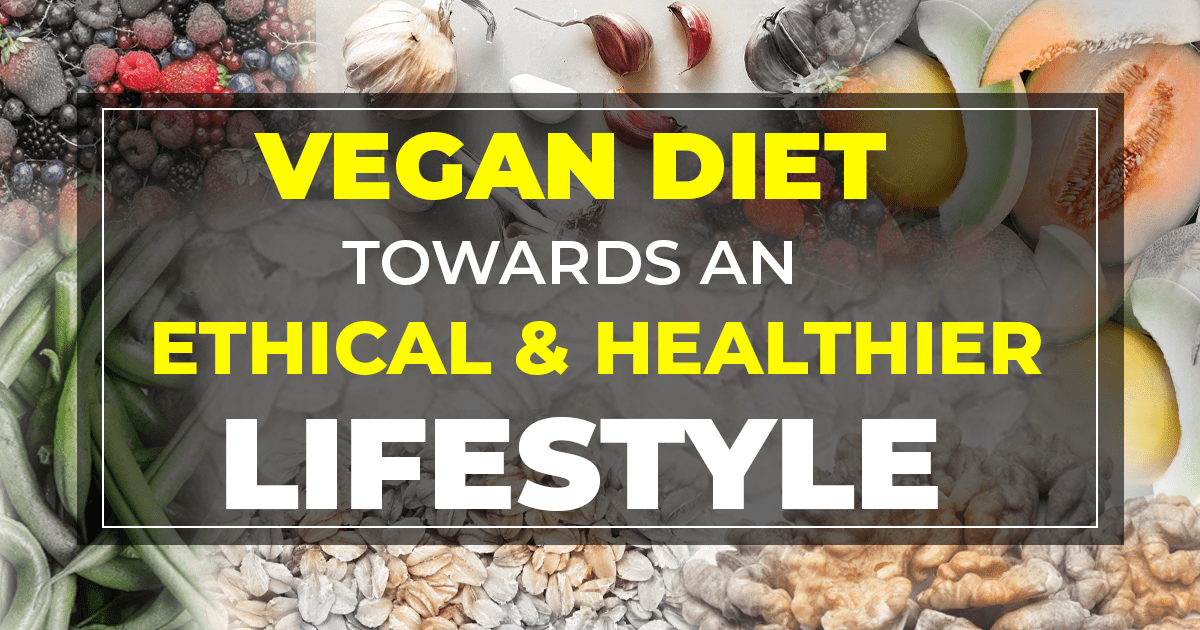In recent years, Dieting and nutrition have increased in popularity, with two diets gaining a significant following –Vegan and Keto. In this blog, we’ll explore the key differences between Vegan and Keto diets and the benefits of each. So, if you are following the latest trends in health and wellness, keep reading to find out which diet might suit you.
The Vegan Diet
Vegan Diet is more than just a diet; it is a lifestyle. A vegan diet offers the health and ethical benefits of a plant-based way of living. It eliminates all animal products, including dairy, meat, and honey. Instead, your plate contains fruits, vegetables, grains, legumes, nuts, and seeds.
Now, we will discuss some key points of a vegan diet:
1. Health Benefits
One of the most talked-about advantages of a vegan diet is its potential for weight loss. It helps to lose extra pounds and be more energetic. Additionally, a vegan diet is high in fiber, which is excellent for digestive health.
2. Environmental Impact
Those who follow a vegan diet are thoughtful about reducing their carbon footprint. They often discuss how this diet helps to decrease greenhouse gas emissions as well as save water resources.
3. Ethical Considerations
A vegan diet is not just about health or the environment. It is also about animal rights. Vegan people are not afraid to point out the ethical reasons behind their choice, as they avoid any products derived from animals.
The Keto Diet
On the other hand, the Keto diet is known for its high-fat and low-carb approach. This diet can guide you to significant weight loss and improved mental clarity. The Keto diet turns your body into ketosis, which burns fat for energy rather than carbohydrates.
Here are some key factors of:
1. Weight Loss and Improved Metabolism
Keto Diet can help with weight loss and improve metabolic health. This diet is famous for its potential to help followers shed those extra pounds.
2. Mental Clarity
Bloggers often discuss how the Keto diet has helped them achieve mental clarity and focus, attributing it to the brain’s use of ketones, an alternative energy source.
3. Challenges and Restrictions
You can face many challenges and restrictions, like the restrictive nature of the diet and the initial “Keto flu” symptoms some experience.
Vegan vs. Keto– What to Consider?
Now that we’ve discussed the basics of both diets. Let’s dive into a comparison to help you decide which one might be a better fit for your lifestyle and goals.
Weight Loss
Both diets can be sufficient if your primary objective is weight loss. However, due to its significant carb restriction, the Keto diet might yield quicker results. Veganism can also lead to weight loss, but it may be a slower process. Along with this, some protein foods for weight loss are also beneficial.
Health Benefits
The Vegan diet has long-term health benefits. It’s associated with a reduced risk of chronic diseases and is high in fiber and essential nutrients. The Keto diet can provide short-term benefits, but people still debate the long-term effects of consuming high amounts of saturated fats.
Environmental and Ethical Impact
If you’re passionate about the environment and animal rights, the Vegan diet aligns more closely with these values.
Sustainability
Sustainability is a crucial aspect for individuals. The Vegan diet tends to have a lower environmental impact, as it requires fewer resources and produces fewer greenhouse gas emissions than the Keto diet, which depends heavily on animal-based products.
Long-Term Sustainability
When choosing a diet, consider which one you can maintain in the long run. Both diets can be sustainable if they align with your values and goals, but choosing one that fits your lifestyle is essential.
Conclusion
In conclusion, the Vegan and Keto diets are two trending choices in the world of nutrition, each with its unique benefits and challenges. Doing extensive research and consulting with a healthcare professional before deciding is crucial.
Ultimately, the choice between Vegan and Keto should be based on your personal health goals, ethical values, and the sustainability of the diet in the long term. So, whether you’re following the latest trends or looking for a diet that suits your needs, make an informed decision that’s right for you and your well-being.



